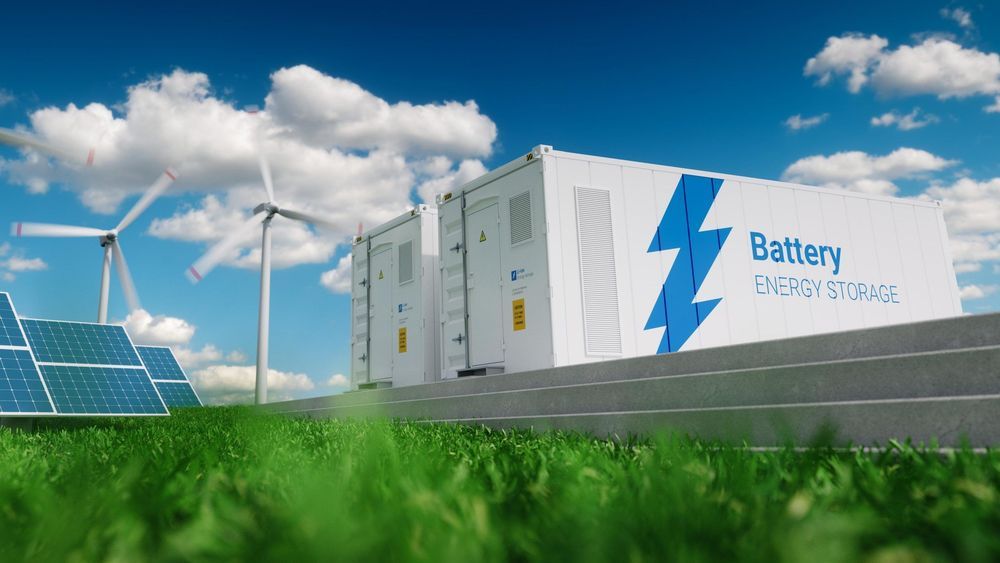They suggest next steps in search for large-scale energy storage solution.
Lithium-ion batteries are recognized for their high energy density in everything from mobile phones to laptop computers and electric vehicles, but as the need for grid-scale energy storage and other applications becomes more pressing, researchers have sought less expensive and more readily available alternatives to lithium.
Batteries using more abundant multivalent metals could revolutionize energy storage. Researchers review the current state of multivalent metal-ion battery research and provide a roadmap for future work in Nature Energy, reporting that the top candidates – using magnesium, calcium, zinc and aluminum – all have great promise, but also steep challenges to meet practical demands.
